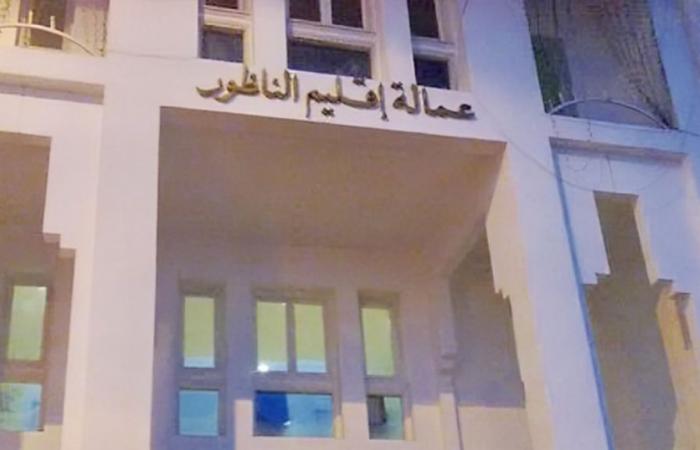This article was automatically translated from HIBAPRESS, the Arabic version:
Heba Press – Muhammad Zariyouh
Recently, calls have emerged from association activists from different groups in the Nador region demanding urgent intervention from workers in the region to guarantee respect for the principle of transparency in the process of distributing subsidies to associations.
These calls come against a backdrop of growing complaints concerning imbalances and violations of the principles set out in the charter of support and partnership with associations.
Local reports indicate that the distribution process which took place during the collective council sessions was marred by a lack of transparency, with the conditions and standards specified in the charter not having been respected. Some associations, which have direct relationships with members of collective councils or their leaders, have benefited from financial subsidies without submitting the necessary literary and financial reports, which raises questions about the integrity of these procedures and their degree of compliance. to the laws.
On the other hand, associative actors recorded the exclusion of other associations which respect all legal conditions and are known for their field activity. This unjustified exclusion has been seen by some as the result of a “loyalty calculus” whereby certain associations are favored over others without a logical or objective explanation.
It should also be noted that some of the associations that received grants have not committed to holding their general meetings or providing accurate accounts of how the funds were disbursed, reflecting weak monitoring of the use of funds. help.
In the same context, some regions of the Kingdom witnessed the refusal of registration agents to grant subsidies to associations scheduled for collective council sessions, after careful examination revealed violations in the submitted files. This decision reflects the desire of local authorities to strengthen transparency and guarantee the use of public funds in accordance with the laws.
Association activists in the Nador region demanded the intervention of the regional agent to ensure fair and transparent distribution of subsidies.
They also called for the creation of independent committees to review files and assess the extent to which beneficiary associations comply with legal standards.
They underline the need to oblige associations to submit precise reports on their activities and expenses, and to raise the level of control to guarantee equal opportunities between all association actors.
This question raises the urgent need for a comprehensive reform of the support system for associations in Morocco.
Reform requires the establishment of strict control mechanisms and transparent procedures guaranteeing the equitable distribution of resources and preventing any political or personal exploitation.
This reform would strengthen the role of civil society as an essential partner in achieving sustainable development, reflecting the commitment to justice and transparency as fundamental values in the management of public affairs.






